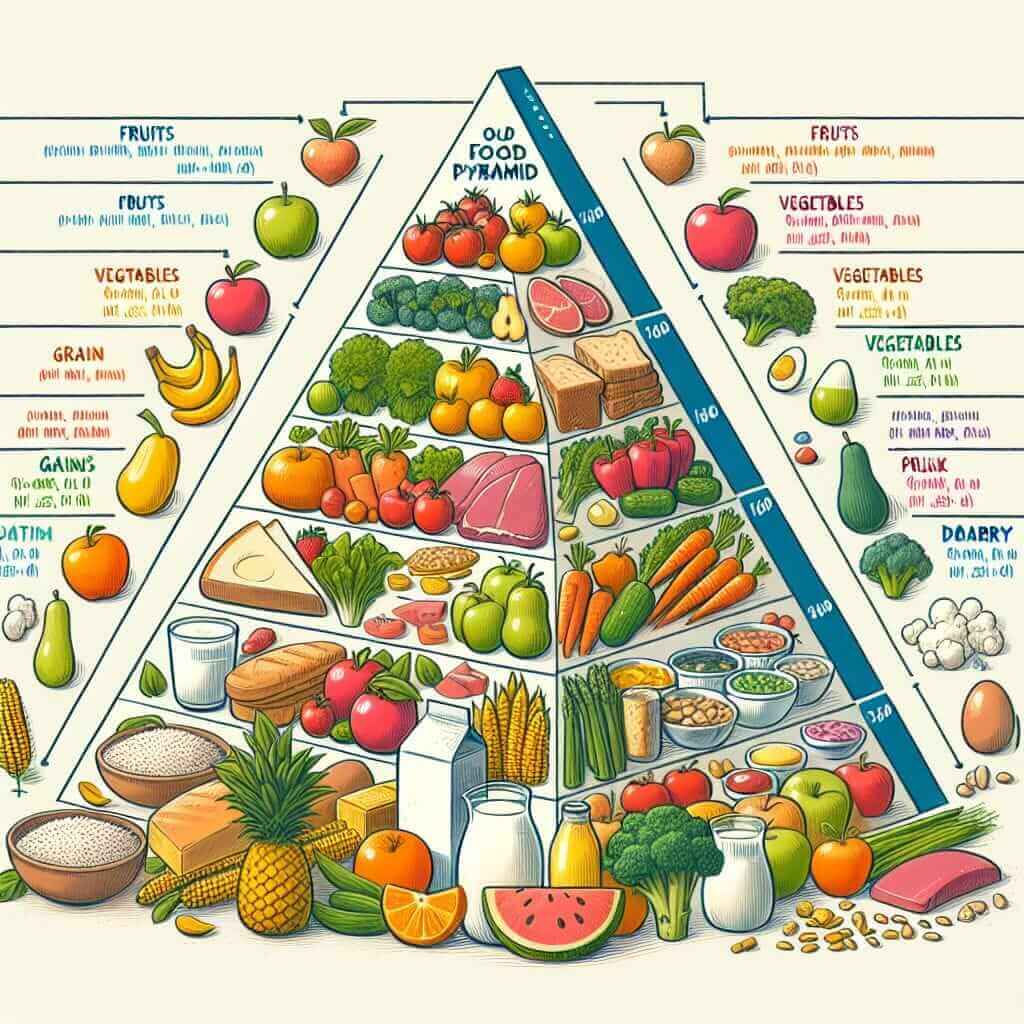As an IELTS instructor with over 20 years of experience, I often find students struggling to articulate topics related to health and well-being, a common theme in the IELTS Speaking test. One such topic is “balanced diet.” Understanding what constitutes a balanced diet and being able to discuss it effectively is not just crucial for your health, but also for achieving a good score in your IELTS Speaking exam.
Understanding the Importance of “Balanced Diet” in IELTS Speaking
The topic of “balanced diet” can appear in any of the three parts of the IELTS Speaking test. You might be asked directly to define it, describe your own diet, or discuss broader issues like healthy eating habits or the impact of diet on lifestyle. Therefore, a strong grasp of relevant vocabulary and the ability to express your ideas clearly and coherently on this topic is essential.
What Constitutes a Balanced Diet?
A balanced diet is not about restrictive eating or eliminating food groups. It’s about consuming a variety of foods in the right proportions to provide your body with the nutrients it needs to function correctly. These nutrients include:
1. Macronutrients: The Building Blocks of Energy
- Carbohydrates: Found in bread, rice, pasta, and potatoes, carbohydrates are your body’s primary source of energy.
- Proteins: Essential for building and repairing tissues, proteins are found in meat, fish, eggs, beans, and lentils.
- Fats: Often demonized, fats are crucial for hormone production and cell function. Choose healthy fats found in avocados, nuts, seeds, and oily fish.
2. Micronutrients: Vitamins and Minerals for Optimal Function
These are vital for various bodily functions, including immunity, metabolism, and disease prevention. A balanced diet rich in fruits, vegetables, and whole grains will generally provide the necessary vitamins and minerals.

Discussing Balanced Diet in Your IELTS Speaking Test
Here are some tips to help you confidently tackle this topic:
1. Expand Your Vocabulary
Familiarize yourself with terms like “nutrients,” “portion control,” “whole grains,” “processed foods,” and “hydration.” Being able to use these terms naturally and accurately will significantly enhance your speaking fluency and demonstrate your language proficiency.
2. Use Examples from Your Own Culture
Sharing personal experiences makes your speaking more engaging. You could discuss traditional dishes from your country that are considered healthy and explain why. For instance, you might say, “In my culture, a traditional dish called ‘X’ is considered very healthy as it’s made with lentils, a great source of protein and fiber.”
3. Be Prepared for Opinion-Based Questions
The examiner might ask for your opinion on topics like fast food consumption or the importance of educating children about healthy eating. Be prepared to express your views clearly and justify your opinions with relevant examples.
Example IELTS Speaking Question:
Examiner: “Some people believe that fast food should be banned in schools. What is your opinion?”
Possible Response: “I strongly believe that banning fast food in schools is a step in the right direction. Children are particularly susceptible to the allure of these unhealthy options, and offering them healthier alternatives can instill good eating habits from a young age. For example, schools could introduce salad bars or offer meals that are lower in fat and sugar.”
Conclusion
Mastering the topic of “balanced diet” for your IELTS Speaking test involves understanding its components and being able to articulate your ideas effectively. By expanding your vocabulary, using relevant examples, and practicing your speaking skills, you can confidently approach this topic and achieve your desired band score. Remember, fluency and coherence, along with accurate grammar and vocabulary, are key to a successful IELTS Speaking performance.